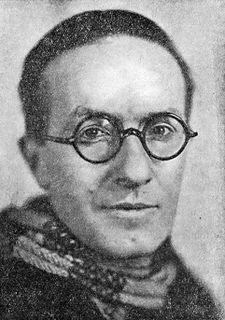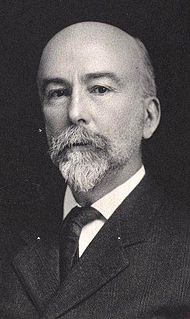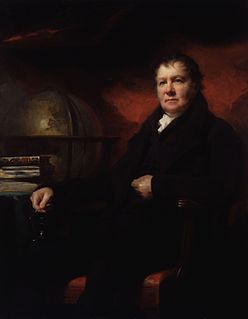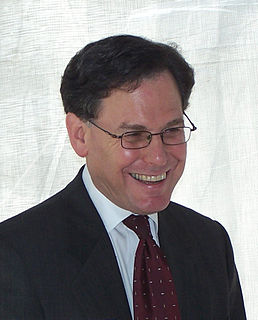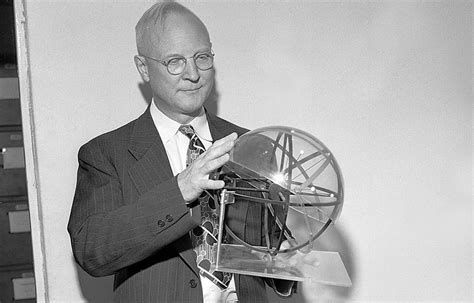A Quote by Carrie Lam
Laws, especially those of a constitutional nature like the Basic Law, which have been formulated through reasonable legislative processes, should never be freely interpreted or lightly abandoned.
Related Quotes
The doctrines thus delivered we call the revealed or divine law, and they are to be found only in the holy scriptures.. are found upon comparison to be really part of the original law of nature. Upon these two foundations, the law of nature and the law of revelation, depend all human laws; that is to say, no human laws should be suffered to contradict these.
The laws of Nature, that is to say the laws of God, plainly made every human being a law unto himself, we must steadfastly refuse to obey those laws, and we must as steadfastly stand by the conventions which ignore them, since the statutes furnish us peace, fairly good government, and stability, and therefore are better for us than the laws of God, which would soon plunge us into confusion and disorder and anarchy if we should adopt them.
There has been no clearer principle of English or American constitutional law than that, in criminal cases, it is not only the power and duty of juries to judge what are the facts, what is the law, and what is the moral intent of the accused; but that it is also their power, and their primary and paramount duty, to judge the justice of the law, and to hold all laws invalid, that are, in their opinion, unjust or oppressive, and find all persons guiltless in violating, or resisting the execution of, such laws.
And that law of the land which is constitutional, supporting that principle of freedom in maintaining rights and privileges, belongs to all mankind, and is justifiable before me. Therefore, I, the Lord, justify you, and your brethren of my church, in befriending that law which is the constitutional law of the land.
The very foundation of our science is only an inference; far the whole of it rests an the unprovable assumption that, all through the inferred lapse of time which the inferred performance of inferred geological processes involves, they have been going on in a manner consistent with the laws of nature as we know them now.
Nothing comes to pass in nature, which can be set down to a flaw therein; for nature is always the same, and everywhere one and the same in her efficacy and power of action: that is, nature's laws and ordinances, whereby all things come to pass and change from one form to another, are everywhere and always the same; so that there should be one and the same method of understanding the nature of all things whatsoever, namely, through nature's universal laws and rules.
Amid all the revolutions of the globe, the economy of Nature has been uniform, ... and her laws are the only things that have resisted the general movement. The rivers and the rocks, the seas and the continents, have been changed in all their parts; but the laws which direct those changes, and the rules to which they are subject, have remained invariably the same.
I call George W. Bush a radical because he is undertaking a fundamental transformation of our Constitutional system of government and of our longstanding policies that have been accepted for literally generations. He thinks to concentrate unaccountable power in the Executive. He thinks you alter the laws so that, as Commander in Chief, he can determine, under what he says are wartime conditions, what the laws are, which laws should be enforced, and declare by fiat what our policy should be, even abrogating longstanding international treaties.
But we either believe in democracy or we don't. If we do, then, we must say categorically, without qualification, that no restraint from the any democratic processes, other than by the ordinary law of the land, should be allowed. If you believe in democracy, you must believe in it unconditionally. If you believe that men should be free, then, they should have the right of free association, of free speech, of free publication. Then, no law should permit those democratic processes to be set at nought.
Psychology should be the chief basic science upon which the practices of education depend. It should have supplied education with the information it needs concerning the processes of understanding, learning, and thinking, among other things. One of the difficulties has been that such theory as has been developed has been based primarily upon studies of behavior of rats and pigeons. As someone has said, some of the theory thus developed has been an insult even to the rat.




